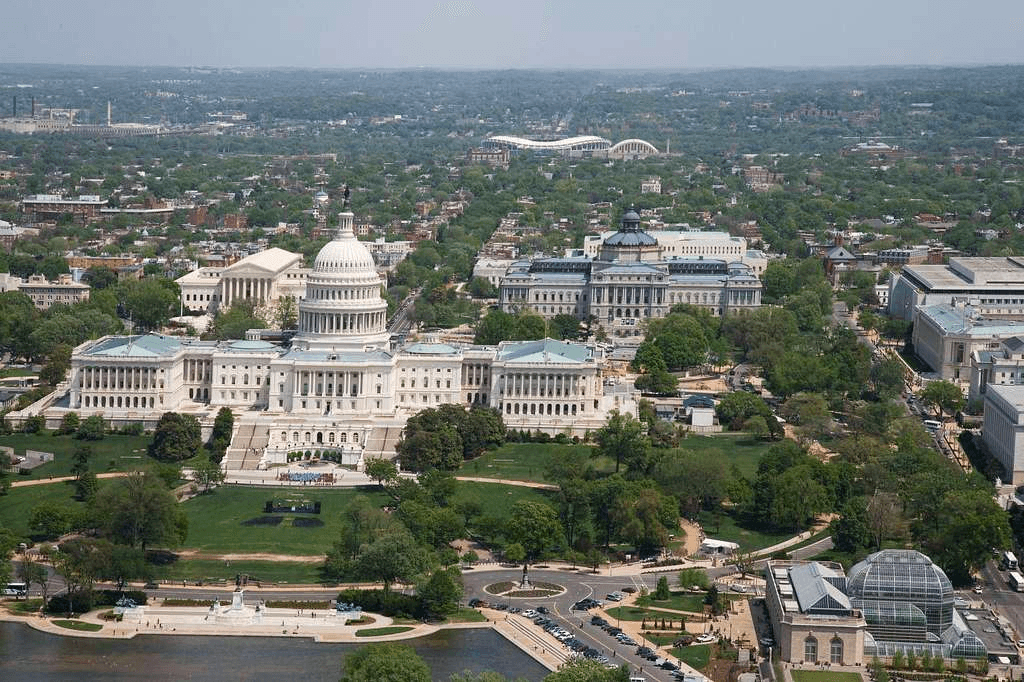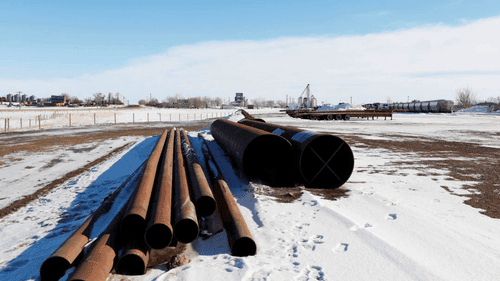History
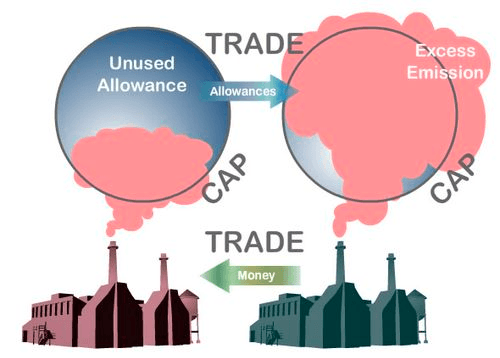
- |
Cap-and-Trade
Many lawmakers and climate activists have urged governments to enact cap-and-trade policies, limiting industries’ greenhouse gas emissions.
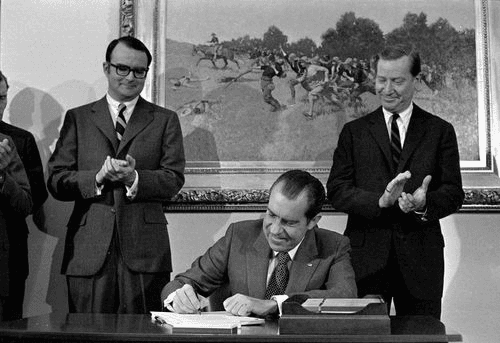
- 1970|
Federal Clean Air Act
In 1970, President Nixon signed the Clean Air Act, significantly expanding the federal government’s role in combating air pollution.
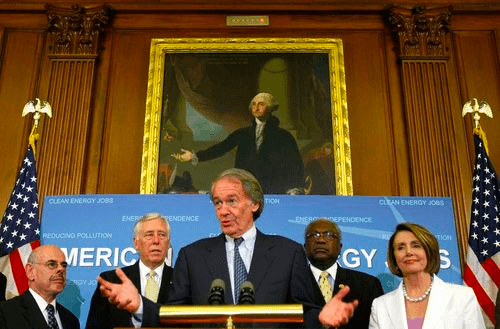
- 2009|
American Clean Energy and Securities Act
In 2009, the House passed an ambitious Obama-backed bill to reduce greenhouse gas emissions, but the bill ultimately failed to gain traction in the Senate.
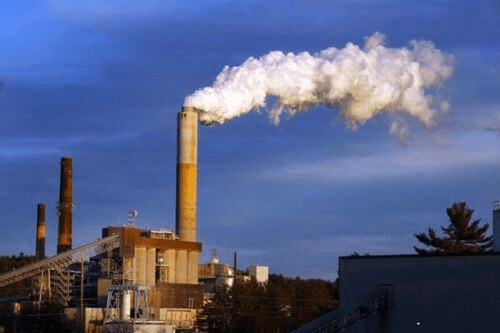
- 2007|
Massachusetts v. Environmental Protection Agency
This 2007 case laid the groundwork for future lawsuits forcing the EPA to enact stronger regulations.
Introduction
Some EPA standards do not have to account for economic consequences. In recent history, the definition of Waters of the United States (WOTUS) has been revised multiple times depending on the president in office. These changes in definition reflect the differing environmental regulation styles of Democrats and Republicans. The heavily debated question within Congress is whether environmental regulation is more important than the economic impact of those regulations.
Who Regulates?
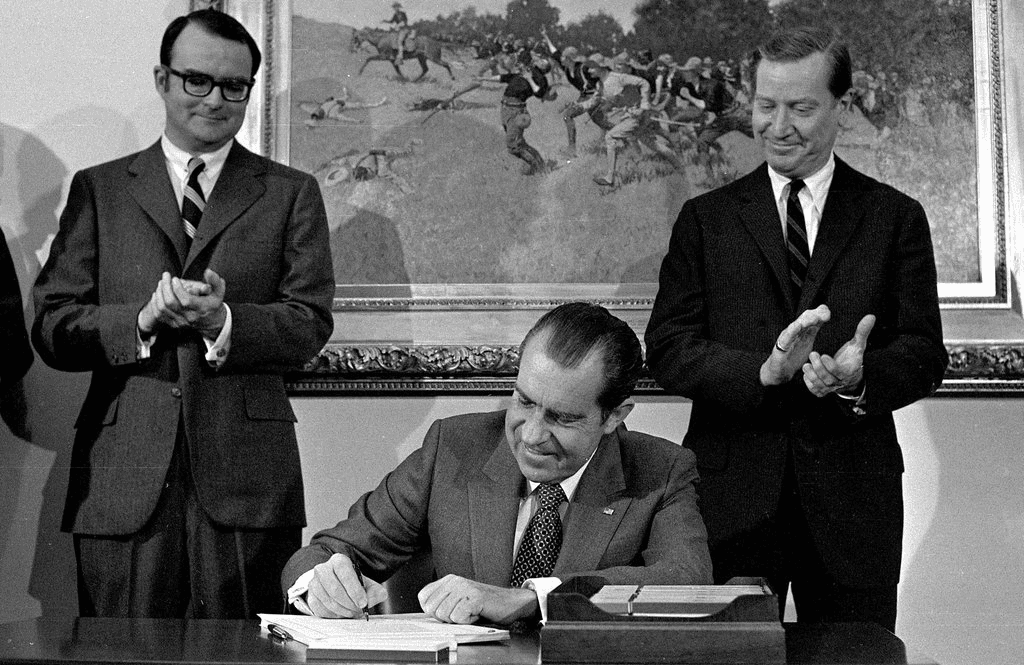
As the effects of climate change worsen, there is much debate in the United States as to who should regulate things like carbon emissions and to what extent. In 1970, President Nixon created the Environmental Protection Agency, one of the first official moves to combat climate change. As more scientists began to speak out on the seriousness of the threat, the parties began to diverge on how to handle it best. Over the last few presidential cycles, climate change went from a somewhat bipartisan issue to a polarized debate that pits the economy against environmentalism: is it more important to focus on regulating the environment or avoid the economic impacts of those regulations?
Debate in Action
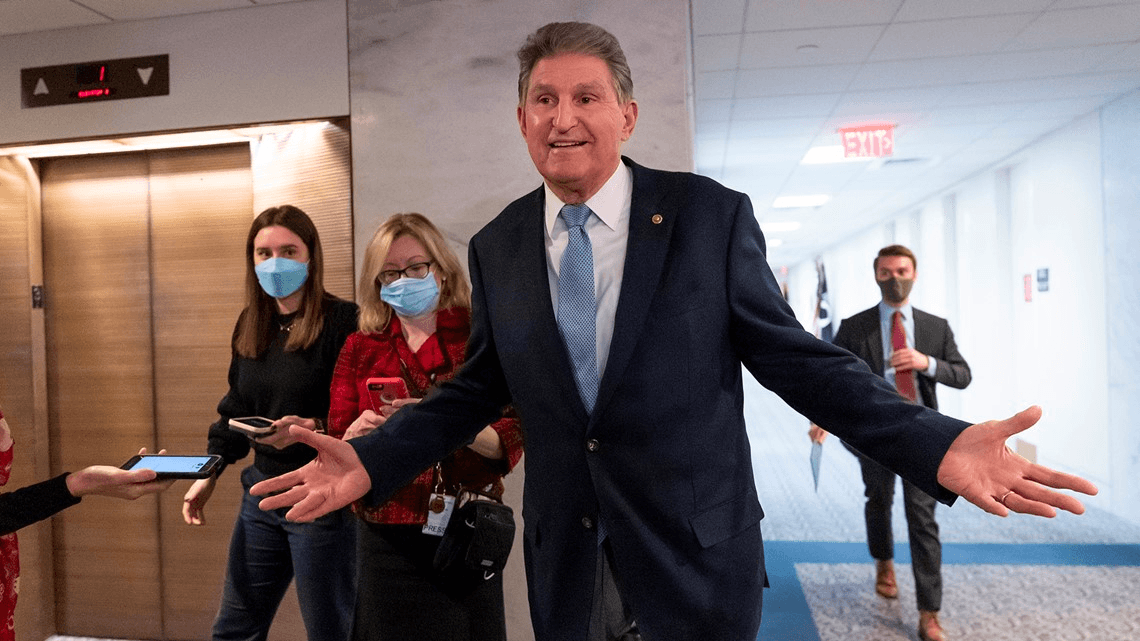
More than ever before, Americans believe that the government needs to be doing more like developing alternative energy sources or regulating by implementing proposals like carbon taxes. The Biden Administration struggled to work with Congress on creating a climate change plan at the start of his presidency. The Build Back Better Act - a main campaign promise - featured $555 billion for combating climate change but failed to pass since it did not have the support of Senator Joe Manchin, a Democrat from West Virginia. Manchin was critical since his state heavily relies on its coal industry - prompting him to be critical towards its passage. The bill required support from every Senate Democrat to avoid a Republican filibuster, which was unlikely at the moment due to Senator Manchin’s announcement that he would not support the bill. Here we see a classic example of the Environment v. Economy debate - where a president sought to implement a climate bill but was blocked by the economic interests in his party.
How we Regulate
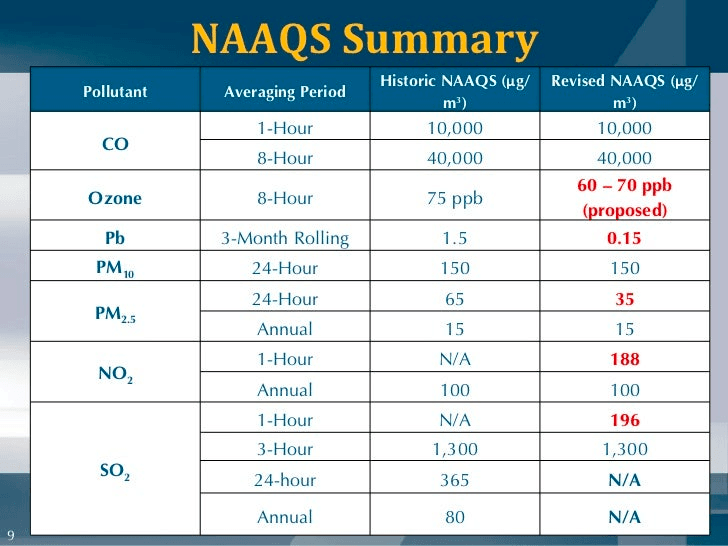
The United States regulates emissions and pollution through a variety of standards including, National Ambient Air Quality Standards (NAAQS), State Implementation Plans (SIPs), New Source Performance Standards (NSPS), and National Emission Standards for Hazardous Air Pollutants (NESHAPs). These standards apply to specific chemical compounds, and some must consider economic factors like implementation costs. An example of this is the famous Supreme Court case Whitman v. American Trucking Associations, Inc.whichfound that the EPA could not consider implementation costs in setting primary and secondary NAAQS. In other words, the EPA was prohibited from considering economic costs compared to standards such as SIPs. This, along with cases like Mass v. EPA demonstrate the court's involvement in the economic v. environmental debate.
WOTUS Debate
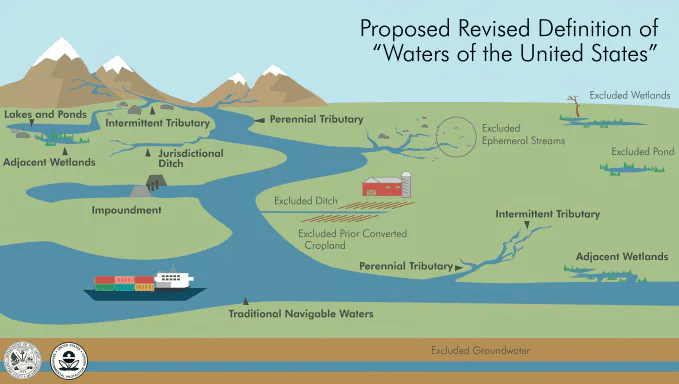
The regulation debate continues between presidential administrations as well. In 2015, President Obama directed the EPA to expand its definition of Waters of the United States (WOTUS) to include previously unprotected waterways. This extended limitations for pollutants based on the Clean Water Act. Only a few years later, the Trump Administration redefined and excluded these waterways at the behest of farm groups, homebuilders, realtor groups, and property rights advocates who saw the far-reaching EPA rule as restrictive of their ability to work their land. The WOTUS debate demonstrates another key interest - that of land rights - often overshadowed by the economic v. environmental debate.
Discussion Questions
- What is your opinion on President Trump refining the Waters of the United States definition?
- Explain why you believe it is or is not the federal government’s place to create environmental regulations?
- Which narrative do you support the most?
Narratives
Left Narrative
The federal government must do more to regulate the effects of climate change, and the EPA must set new regulations on emissions. Government regulations are a powerful tool to address climate change, and protecting the environment will strengthen the economy.
Right Narrative
The federal government has no place in creating sweeping regulations that damage the ability of individuals to use their land. If there is a local environmental catastrophe, the local government should make rules to solve the issue. When the federal government imposes broad regulations, they do not consider the spectrum of climates they are regulating.
Bipartisan Narrative
Classroom Content
Browse videos, podcasts, news and articles from around the web about this topic. All content is tagged by bias so you can find out how people are reacting across party lines.

Biden moves to restore clean-water safeguards ended by Trump
- Article •
- 5/9/2021
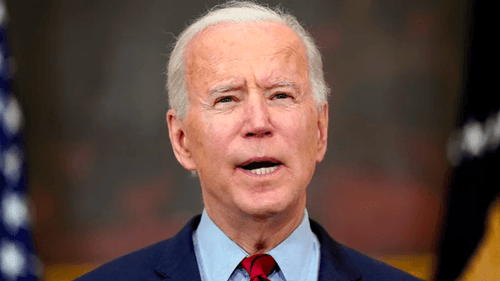
Missouri AG slams Biden’s EPA for ‘federal government land grab’ over reinstatement of water rule
- Article •
- 5/15/2021
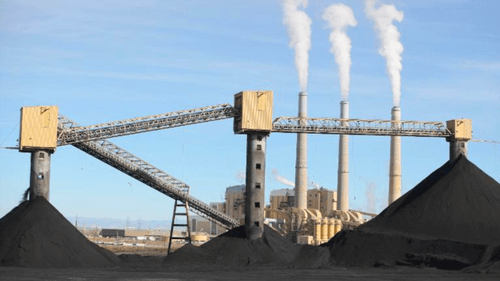
EPA to impose new limits on wastewater pollution from coal power plants
- Article •
- 6/26/2021
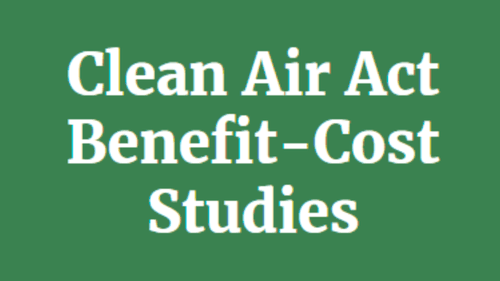
The Clean Air Act and the Economy
- Other •
- 9/26/2021
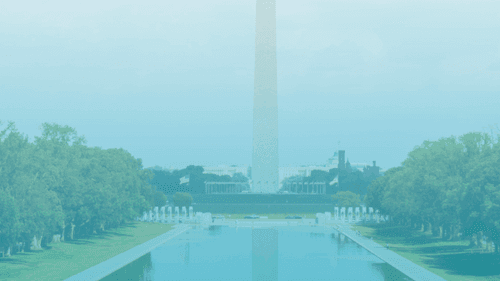
The New Definition of WOTUS
- Podcast •
- 1/24/2020

How are policies and regulations impacting the environment?
- Video •
- 7/2/2021
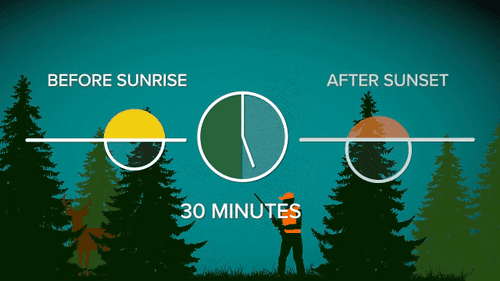
2021 Deer and Bear Hunting Regulation Changes
- Video •
- 8/1/2021
